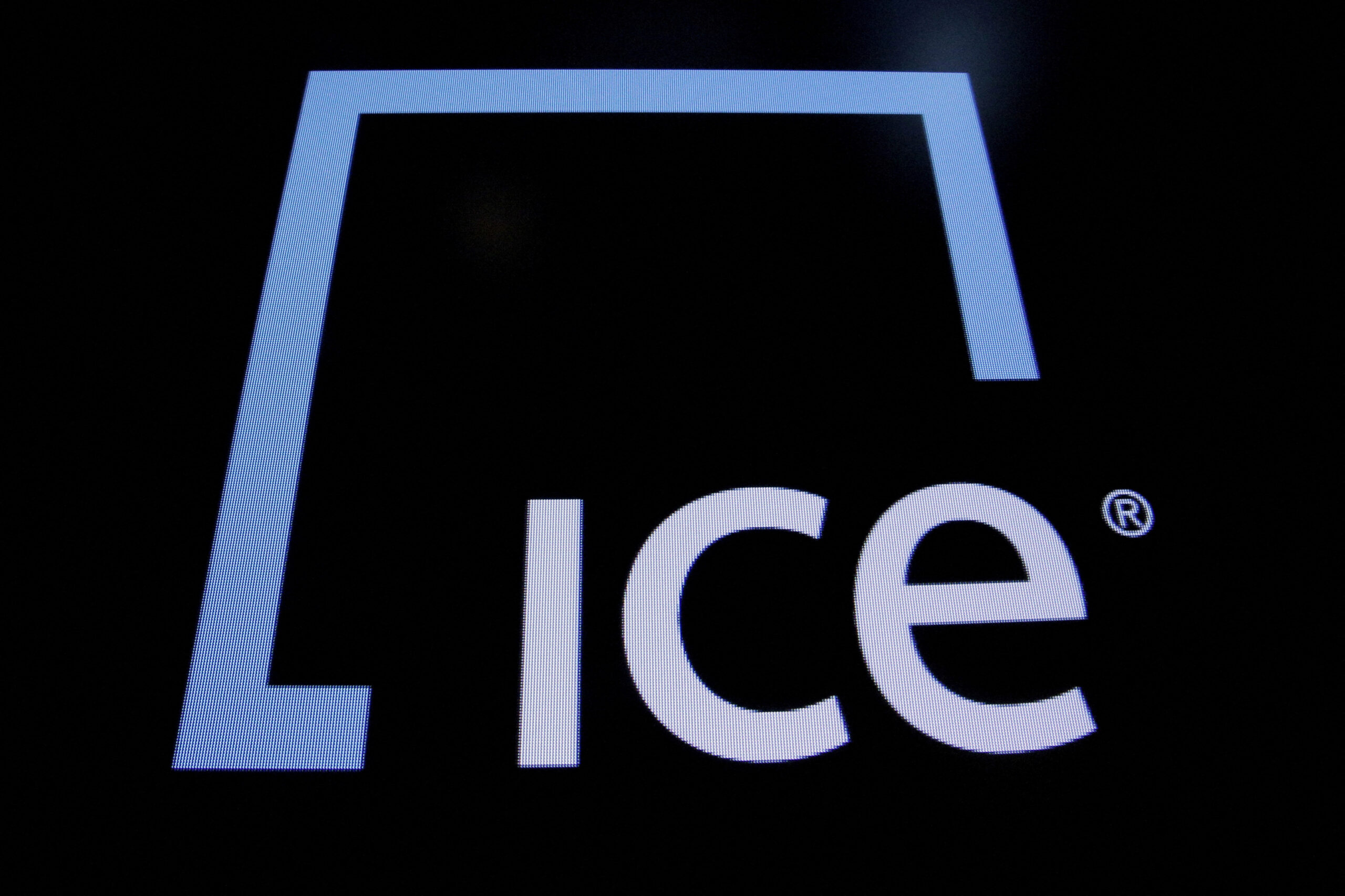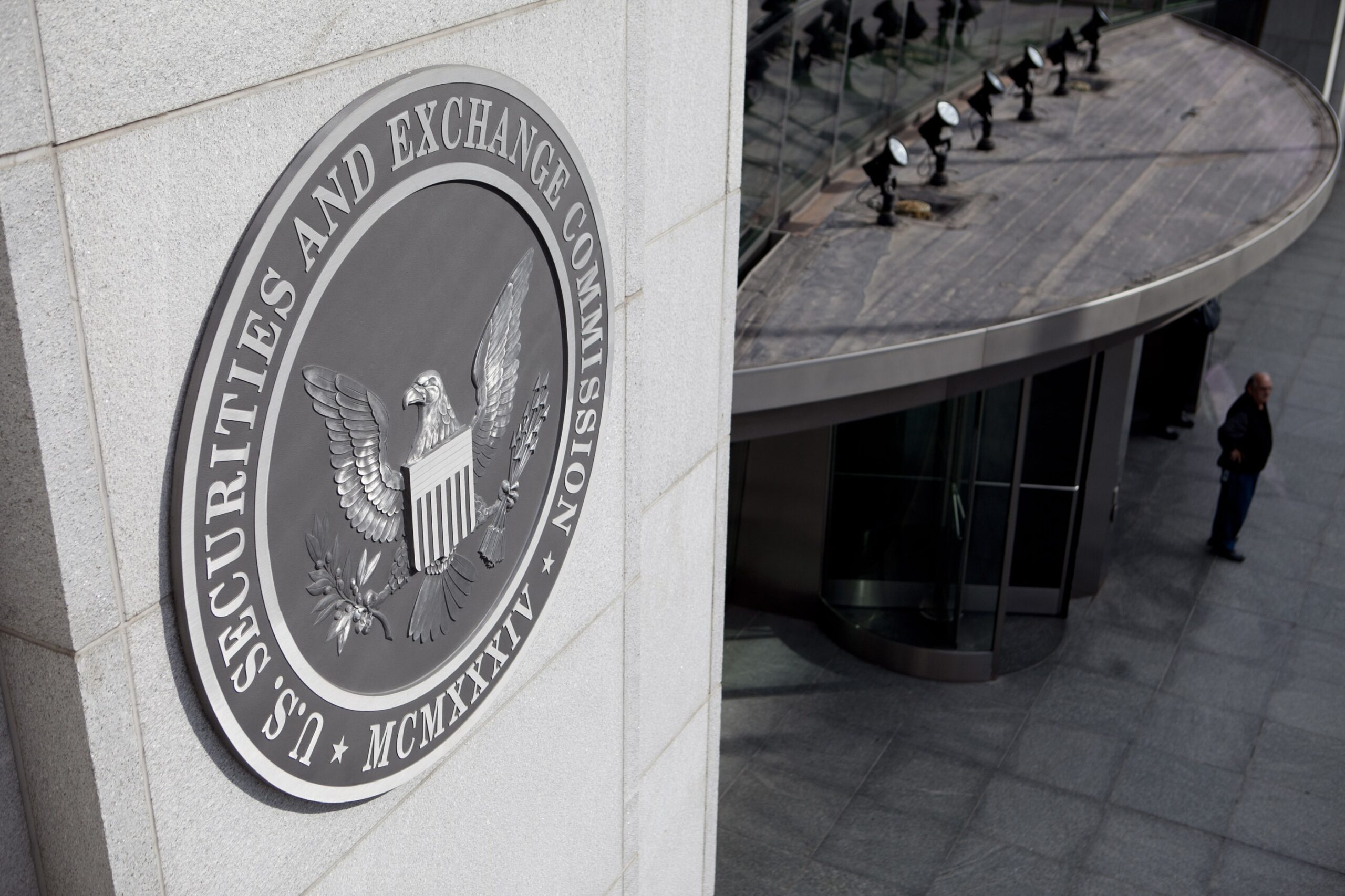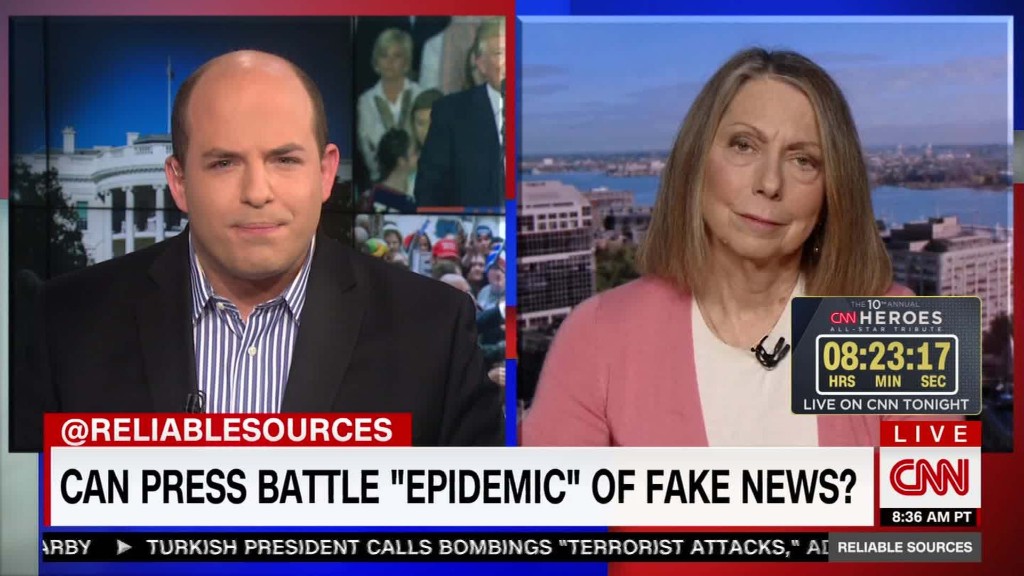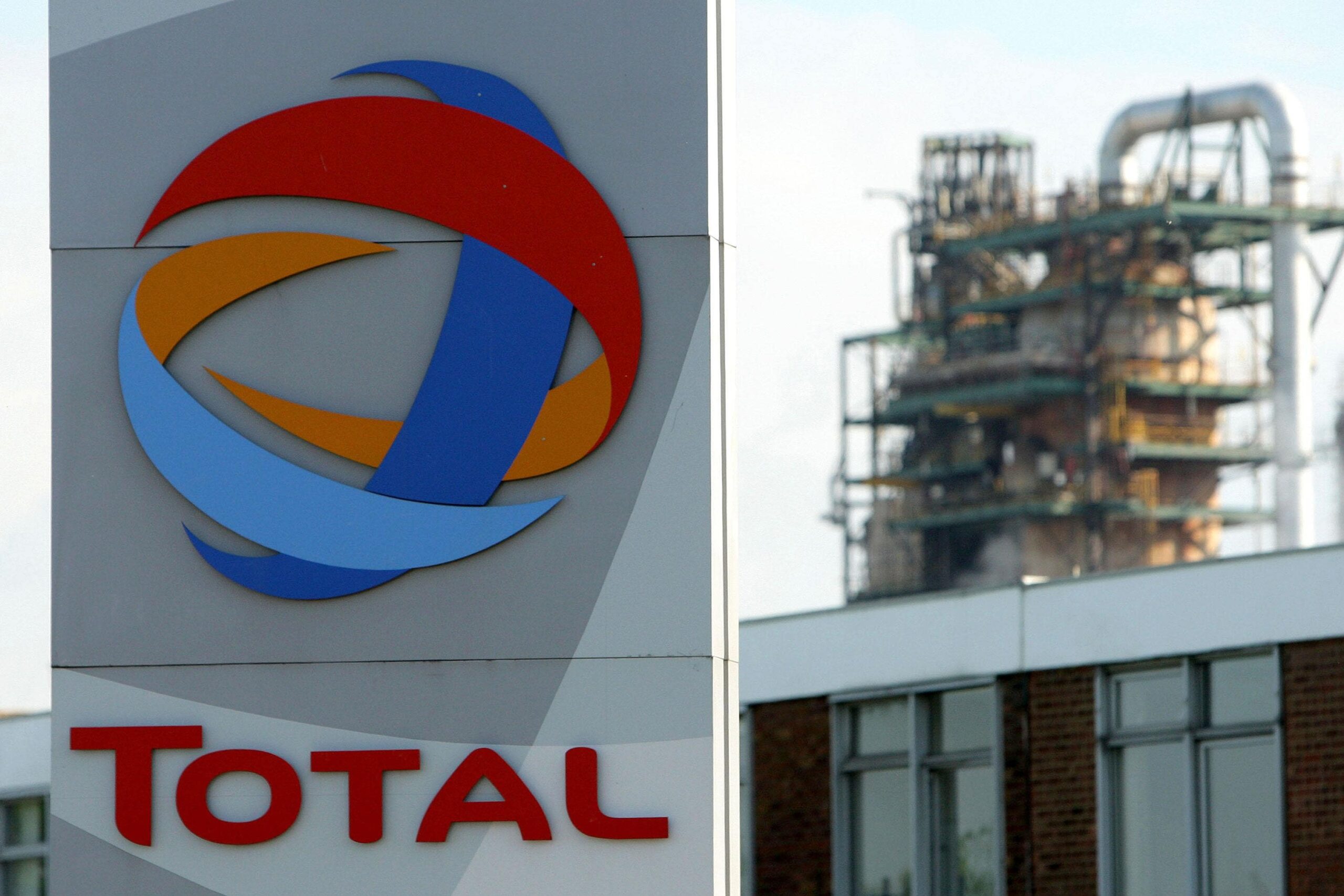Europe’s big gas traders and exchanges have warned that a proposal by Brussels to cap futures that help set prices in the EU will create “major risks” to the bloc’s financial stability and energy supplies.
According to a draft proposal, seen by the Financial Times, the European Commission is planning to set a cap for the most widely-used gas futures contract in an effort to calm markets and avoid a return to the “abnormal” prices of more than €300 per megawatt hour that the bloc briefly experienced in August — a price equivalent to more than $500 a barrel for oil.
EU officials want to reform the workings of Europe’s gas market, arguing that futures linked to TTF, Europe’s wholesale gas price, had become detached from gas prices in other markets, particularly for liquefied natural gas being shipped into the bloc. TTF futures are based in the Netherlands and run by US group Intercontinental Exchange (ICE).
But energy exchanges and traders have warned that a cap for the so-called “front month”, or upcoming month, of contracts would put a greater strain on the market as they try to sell their energy or hedge against risks in a more opaque over-the-counter market.The European Federation of Energy Traders (EFET) warned on Monday that “even a short intervention would have severe, unintended and irreversible consequences in harming market confidence that the value of gas is known and transparent”.
Unexpected and large margin calls in the over-the-counter market could strain traders and potentially force them into bankruptcy, it said, adding that the ability of exchanges to contain defaults would be “severely compromised.” Similar concerns have also been raised by ICE, according to memos seen by the FT.
Trading executives are particularly concerned by EU proposals to link a potential cap to more illiquid and volatile benchmarks that follow the price of LNG. TTF is based on market transactions and considered the benchmark for the global natural gas market.
A move to “over-the-counter” trades would “not only lead to a significant decrease in transparency but also poses serious financial stability risks”, said Christian Baer, secretary-general of Europex, the association of European energy exchanges, in a letter sent to the commission over the weekend.
EFET warned that, as a result, exchanges might have to suspend trading if they could “not meet obligations on running fair and orderly markets”. The European Central Bank last week warned against policies which could push more trading off exchange.
Baer also noted that interventions such as price caps needed to be “rigorously tested” to make sure that markets would not be put in jeopardy. “It is unrealistic to assume this can be achieved within a short timeframe and certainly not before the end of this winter.”
At a meeting of diplomats in Brussels on Friday, concerns were also raised that the cap would only be halted after any negative effects had been discovered. “Safeguards checks are only applied ex-post [so] how can compliance with the safeguards be ensured when the measure is in place?” one diplomat asked. “It is similar to installing airbags after you ran your car into an accident.”
Despite reservations among experts working in the commission, Brussels has been put under increasing pressure by more than half of the EU’s member states to propose a cap on gas prices to avoid the spiralling costs the bloc experienced during the summer when there was a rush to fill up gas storage units ahead of the colder months.
Gas prices remain high by historical standards but have fallen back substantially since August and now trade at around €118p/mwh.
Until the commission’s latest proposal was put forward, Greece, Italy, Poland and Belgium had all threatened to veto a wider set of measures due for approval by energy ministers on Thursday. These include joint gas purchasing and an emergency mechanism to share gas between countries in case of one being cut off unless a ceiling on gas prices was introduced.
Germany, the Netherlands and Denmark, however, are opposed to a cap unless it meets strict safeguards such as not affecting flows of gas around the EU, not increasing consumption or threatening security of supply by making the EU uncompetitive on global markets.
The commission did not immediately respond to requests for comment on the draft.
Additional reporting by David Sheppard
Europe’s gas traders and exchanges warn of futures cap risks



